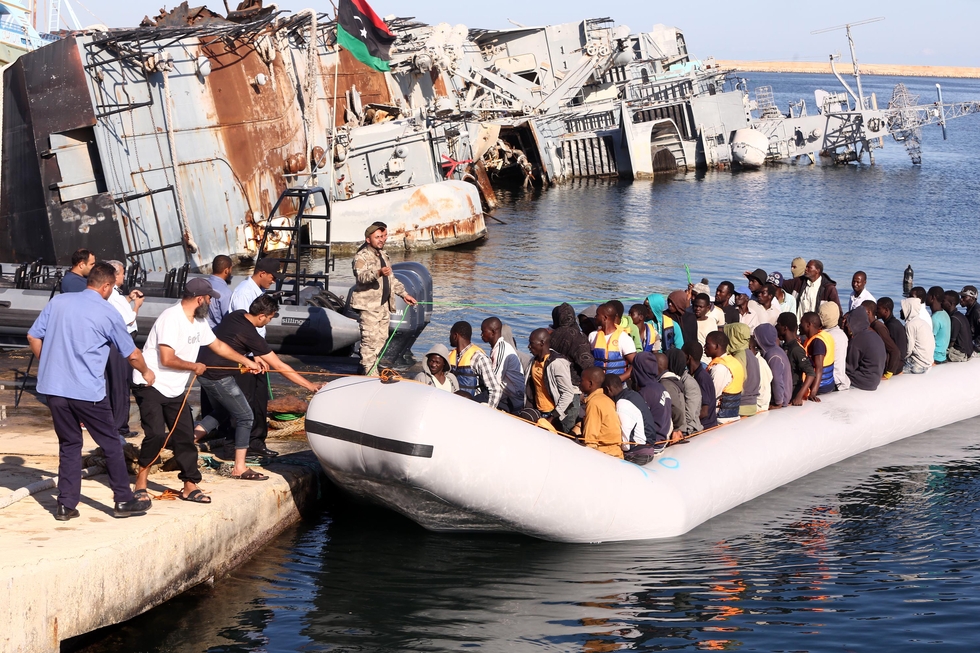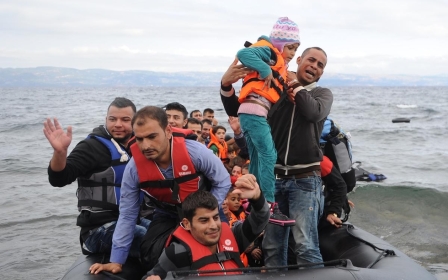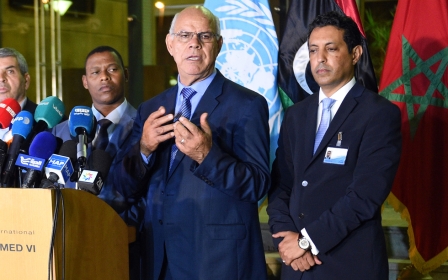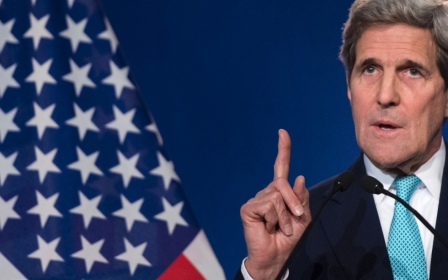EU military operation against human traffickers begins

A military operation to catch human traffickers begins on Wednesday, with European warships patrolling international waters in the Mediterranean to arrest smugglers dubbed the "mafia of the sea".
The European Union's foreign policy chief Federica Mogherini announced last month that EUNAVFOR MED, an operation launched to dismantle the network of smugglers abetting the refugee boat crisis, was to enter its second phase.
The first phase, which essentially entailed compiling and analysing information on the trafficker networks, has been up and running since June.
Six ships are already in place in international waters off the coast of Libya - the departure point for many of the migrant boats - including an Italian aircraft carrier, a French frigate and one British, one Spanish and two German ships.
At least three other vessels supplied by the Belgian, British and Slovenian navies are expected to arrive in the area at the end of October to complete the force, which also includes four aircraft and 1,318 personnel.
On board the Werra, one of the German ships taking part, the 100-strong crew has already carried out several exercises, including a simulation of an attack carried out by traffickers, to which they responded by opening fire.
For this mission, the team includes sailors trained in boarding ships on the high seas, the Werra's captain Stefan Klatt told AFP.
The EU gave the go-ahead for the operation in international waters in September, but its ships are not, for now, allowed to pursue traffickers into Libyan waters.
"We follow the traffickers and want to arrest them and seize their ships," the captain said, adding that he'll get as close to Libyan waters as he can.
Traffickers in 'escort' boats
Over the past few weeks, EUNAVFOR MED has identified 20 "escort" boats - the type used by traffickers who take the migrants out to sea in fishing boats and dinghies before leaving them and returning to Libya in the escort boat.
It could have taken action against all of the 17 Libyan and three Egyptian "escort" boats spotted, had phase two of the operation already been up and running, according to officials.
On the map, the operation will patrol over 10 areas off the Libyan coast: four along the 12-nautical mile mark which separates international from Libyan waters, and the others further out to sea.
The whole of the north-western coast of Libya from the Tunisian border to Sirte will be on lockdown, apart from an area directly in front of Tripoli, left open to prevent a total maritime blockade.
Traffickers hoping to spirit migrants out of the area by boat will still run into EUNAVFOR MED once they get into international waters.
But the operation will need a green light from the United Nations Security Council and Libyan authorities to venture into Libyan waters - authorisation which appears to be still some way off.
It will not stop the Werra and others getting as close as they can, particularly by night, to collect information, survey the area and listen to marine traffic and radio frequencies used by smugglers.
For all its detailed preparations ahead of the launch, "we clearly lack men close to the network" of traffickers to help break it, one official said on condition of anonymity.
New MEE newsletter: Jerusalem Dispatch
Sign up to get the latest insights and analysis on Israel-Palestine, alongside Turkey Unpacked and other MEE newsletters
Middle East Eye delivers independent and unrivalled coverage and analysis of the Middle East, North Africa and beyond. To learn more about republishing this content and the associated fees, please fill out this form. More about MEE can be found here.




